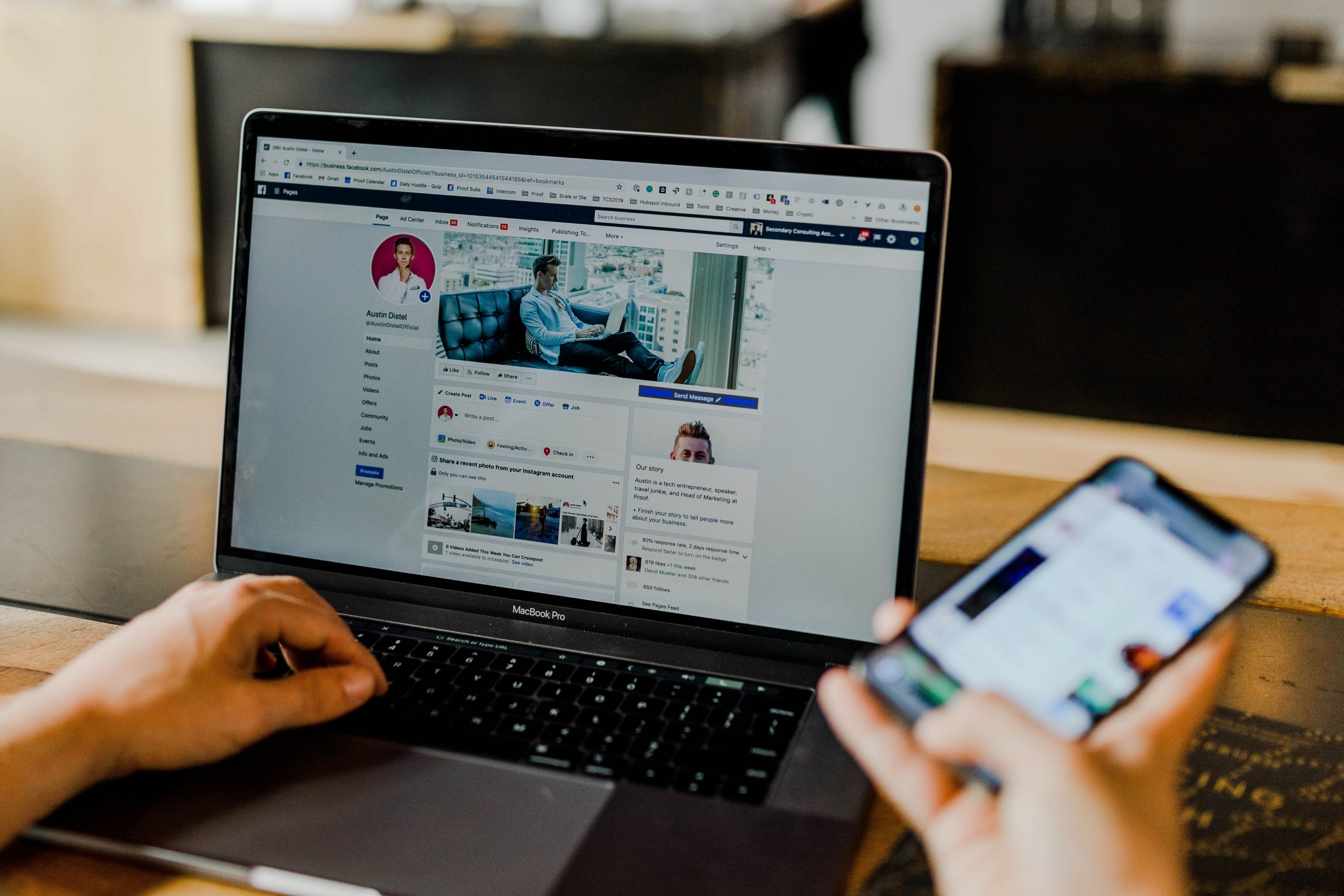It is all to say that you own a smartphone or a similar device to make your everyday chores easy, in reality, our smartphone owns us and makes us do whatever it wants. Does it do so by hypnotizing us or has magic nails that keep us tied to the device? None of the above. Our smart devices, especially phones, control our every move by making us addicts, and more than the device, our brain is to be blamed.
Also Read: 12-year-old boy hangs himself to death after parents take away his phone
A recent study found that half of us would rather have a broken bone than a broken phone and will be willing to give up food, sleep, and sex for our phones. Why is this happening, how have we become this dominated by digital media?
The answer lies in your brain and its reactions. In this article, we will study how being on digital media 24*7 has affected our brains and made us addicts.
How has digital media affected our brains?
Social media was created to distract us. We are not saying this. Facebook founder Sean Parker said that. The 38-year-old recently admitted that the social network was founded not to unite us, but to distract us.
And this has worked successfully, today we tend to check our notifications every 5 minutes. This has completely destroyed our concentration level and self-confidence.
More than that, we seek validation and approval from others using social media. This is to make ourselves happy because we have trained our brains in a way that whenever we switch to these apps and media, we will get a reason to be happy. Eithe through the content available or by getting validated in one way or the other by our peers.
Dr Anna Lembke, the author of Dopamine Nation, calls the smartphone the ‘modern-day hypodermic needle.’
“We turn to digital media for quick hits, seeking attention, validation and distraction with each swipe, like and tweet. Every spare second is an opportunity to be stimulated, whether by entering the TikTok vortex, scrolling Instagram,” said Lembke.
Digital media and dopamine
Dopamine is basically a brain chemical that literally makes us happy, and according to experts, it is now released every time we receive something on our phones. This is what social media likes and validation does to us.
Since we have grown so addicted to Dopamine, we want it to be released every few minutes and for this purpose, we seek our smart devices and social media so that we can experience that emotion. Dopamine, discovered in 1957, is one of 20 or so major neurotransmitters, a fleet of chemicals that, like bicycle couriers weaving through traffic, carry urgent messages between neurons, nerves and other cells in the body.
Also Read: ‘I was 15-year-old…’: Teen shares his addiction story
How to stop this Dopamine addiction
No addiction is bigger than human willpower and the capacity to control its brain. All we have to do is capture back our minds.
According to Dr Lembke, the best way to free yourself is to abstain from accessing digital media for at least 24 hours by locking it in a drawer and going out.
She added that for the first 12 hours, one will feel the rage of emotions like anxiety and Fomo, but as time unfolds, you will experience a sense of ‘real freedom.’
Continuing this practice will make you detached from the virtual world.







